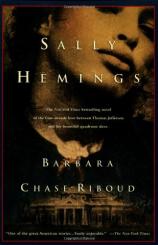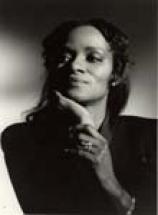Reading Group Guide
Discussion Questions
Sally Hemings

1. Does the DNA confirmation that Thomas Jefferson fathered seven children with Sally Hemings change your view of him? If so, how, and what does Barbara Chase-Riboud’s novel contribute to this view?
2. Why do you think the subject of Jefferson and Hemings’ union is still controversial today?
3. Why are many historians so reluctant to embrace this fact?
4. Even though Thomas Jefferson was a president, a politician, and a writer, it was widely known throughout the Richmond-Charlottesville area that he had an ongoing relationship with his slave. Clearly a man of great power, why would Jefferson carry on a largely public love affair with Sally Hemings? What does this say about him as a man and a leader?
5. The polarities of Jefferson and Hemings’ homes--Monticello and Paris, America and France--were vastly antithetical. Revolutionary Paris’s views on race, love, and politics were in many ways freer and more accepting than provincial America. How do you believe these two locations affected Jefferson’s thinking? And how did their various constraints and liberties encourage or condemn the two’s affair?
6. The media of early America was full of muckraking and scandalous rumors. When down-and-out journalist James Callender broke the news of Hemings and her children, it became a nation-wide sensation, but then was quickly ignored or forgotten. How do you think the media of that age compares with ours, and in what ways is it different?
7. Why do you think Sally Hemings chose to stay at Monticello and bear Jefferson seven children?
Sally Hemings
- Publication Date: August 5, 2000
- Paperback: 348 pages
- Publisher: St. Martin's Griffin
- ISBN-10: 0312247044
- ISBN-13: 9780312247041








